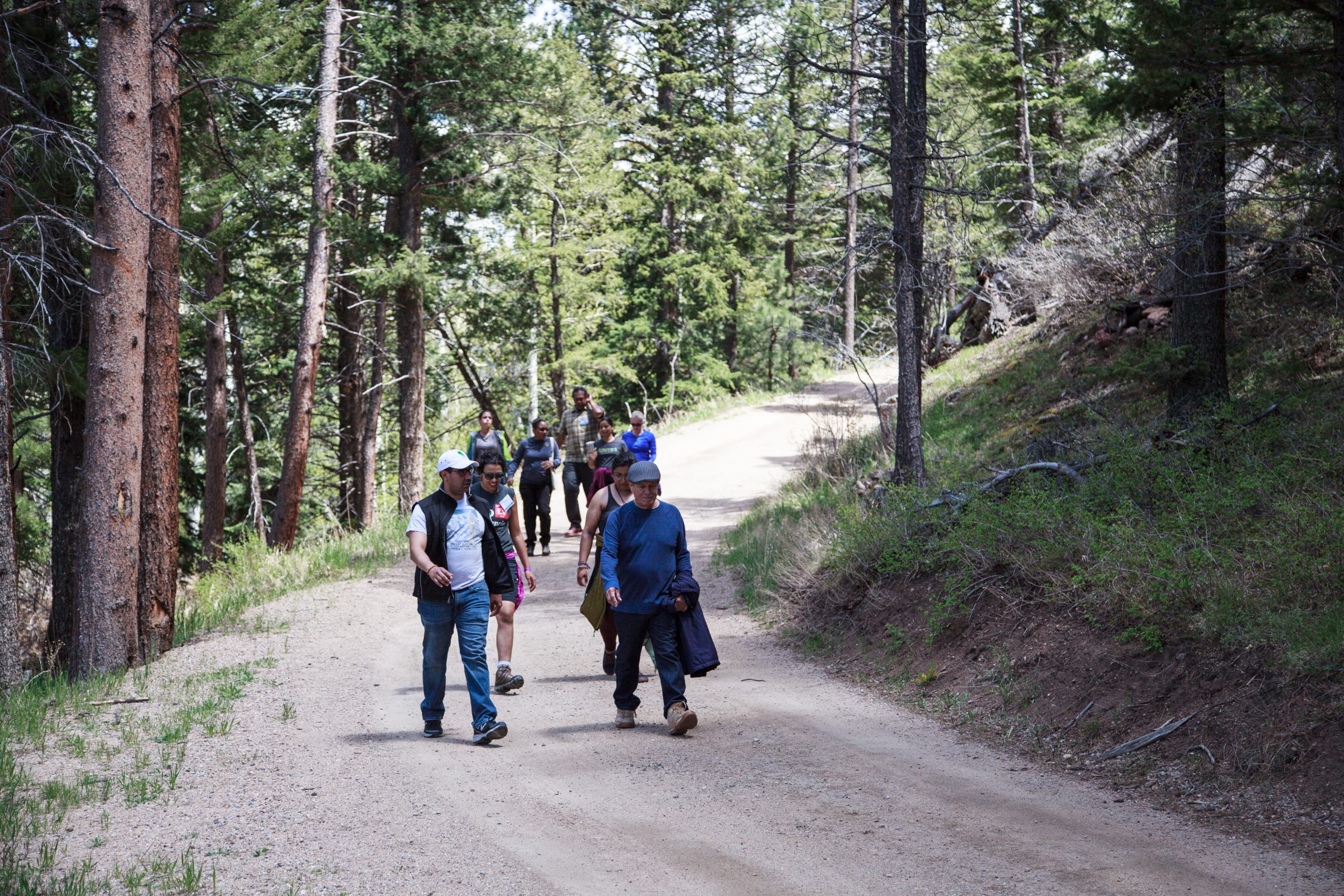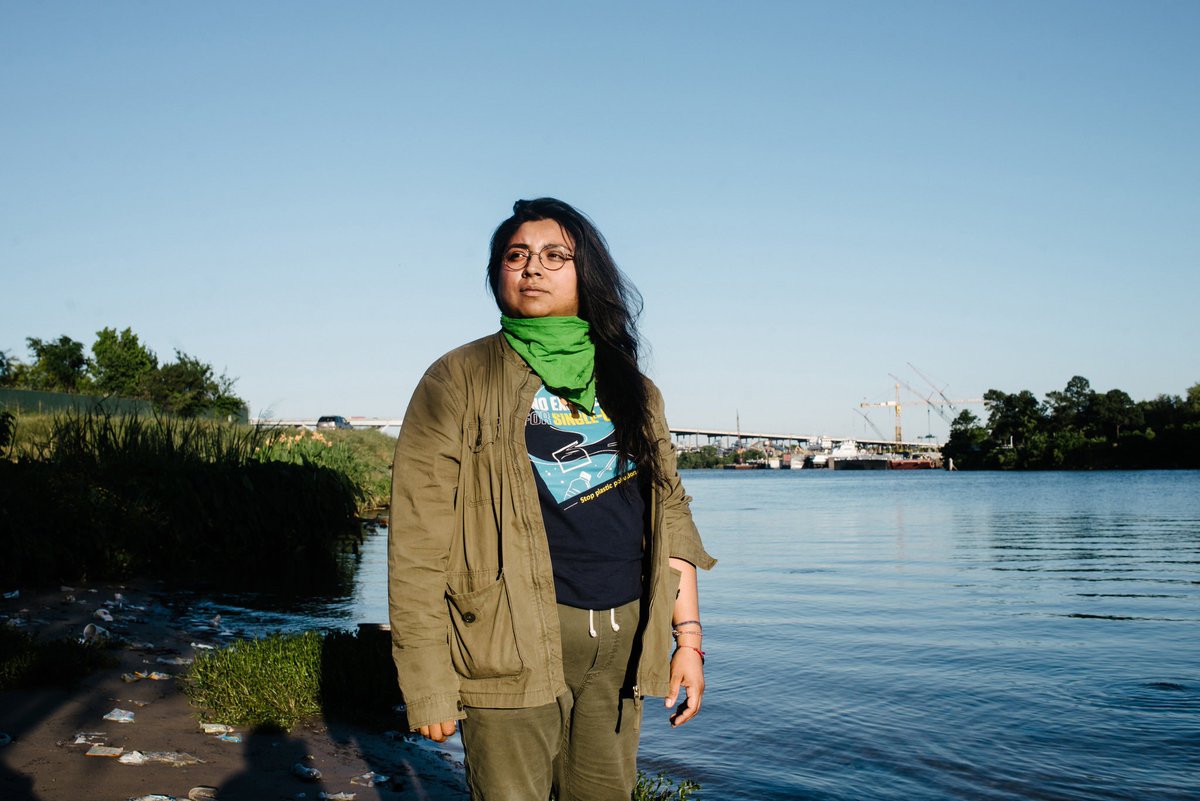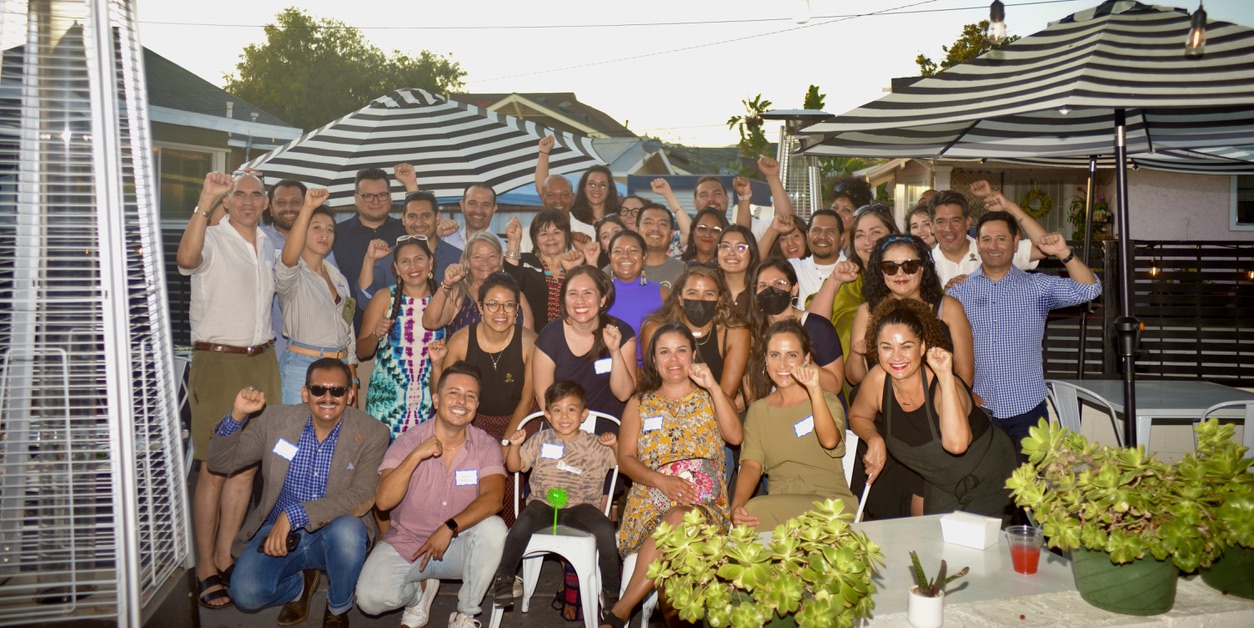Fighting for the Water that Sustains Us
This article was originally published in Spanish in La Opinión, Luchar por el agua que nos sustenta es prioritario.
Water is life -- from drinking water to our nation’s rivers and the ocean that sustains us all.
The National Hispanic Leadership Agenda (NHLA), a non-partisan association of major Hispanic and Latino organizations and leaders, has just released practical water policy recommendations in its latest October report. Among the recommendations is for Congress to support legislation that will prohibit water shutoffs, mandate reconnections, and ensure water affordability protections for our low-income communities during an emergency and beyond.
It is critical that we protect the millions of people who lack access to safe drinking water, and the millions more who are vulnerable to urban flooding caused by intensifying extreme weather, like hurricanes, due to an accelerating climate crisis.
Access to clean water is foundational to public health, the economy, and outdoor recreation. The COVID-19 pandemic and the climate crisis continue to show us that Congress must take action to protect our fundamental human right to water. It must also recognize the disparities environmental racism has perpetuated in communities of color, contributing to unequal access, inequitable systems and the blatant disregard of our people.
During this public health crisis, Latino, Black and Indigenous communities have disproportionately borne the brunt of its impacts, including many frontline workers. COVID-19 has affected our health, our employment, our education, and our livelihoods. It is overwhelming the Latino community and communities of color, but it is not the only threat we are up against.
Hurricane Laura, which hit the Louisiana coast, was one of the strongest to make landfall in history. It’s acceleration and strength were a direct result of climate change, creating massive flooding and displacing thousands of people. In the West, dozens upon dozens of intensifying wildfires, another consequence of climate change, have left thousands of people without homes—including a community of Latino farmworkers in Oregon and agricultural workers in California's wine country.
There is also a concern about the disproportionate concentration of Latino communities in areas at risk of urban flooding, a threat compounded by development, hurricanes and sea-level rise. In the most vulnerable areas, even small rainstorms can destroy homes, businesses and community spaces.
Meanwhile, I've seen the inequities in water access as a Latina. Many of the Latino communities in my home state of California are struggling to ensure they have enough water for the families who live there, including multiple towns in the San Joaquin Valley. They simply do not have access to clean, affordable water.
In those places, residents have to travel miles from their homes to buy bottled water because their tap water is unsafe to drink, and their small-town stores can’t keep up with the demand. is the reality for too many people, especially people of color here in the San Joaquin Valley -- it's for them that I have dedicated my life as an advocate and steward.
During this global pandemic, public health officials have instructed us to stay home and wash our hands in an effort to prevent the spread of COVID-19. But even basic sanitation is a challenge for people experiencing water service shutoffs. Water is becoming too expensive for millions of families, a direct impact of the decline of federal funding for water systems since the 1970s. Today, only 20 states, including California, Kentucky and New York have implemented a statewide moratorium on water-shutoffs.
Of course, a moratorium won’t help those who lack access to safe tap water. A report by Dig Deep and the U.S. Water Alliance finds that Latino households are nearly twice as likely as white households to lack complete plumbing, while Native American and Indigenous households are 19 times as likely to lack complete plumbing.
Environmental injustices and racism have kept us from the basic human right to clean water. Our federal representatives must act now to enact critical policies addressing water equity.
NHLA recommends that Congress address these inequities by creating and supporting federal funding streams for the repair and maintenance of aging wastewater systems, prioritizing communities like Puerto Rico, Las Colonias, rural Black communities, and the Navajo Nation.
Congress must pass legislation to increase water infrastructure investments and drinking water and wastewater systems, prioritizing low-income communities of color— especially Latino, Black, Indigenous and multiracial communities. These investments should include green infrastructure so that when extreme weather-disasters like hurricanes occur, our communities will be safeguarded. These NHLA policy recommendations can bring us closer to water equity and, ultimately, water justice. I call on leaders in Congress to take action to ensure all communities have access to clean, safe water.
Mariana Del Valle Prieto Cervantes is a Clean and Healthy Waters Advocate with GreenLatinos.




